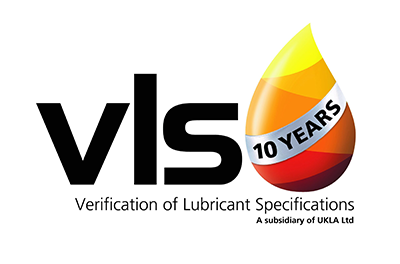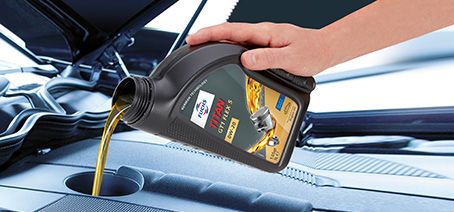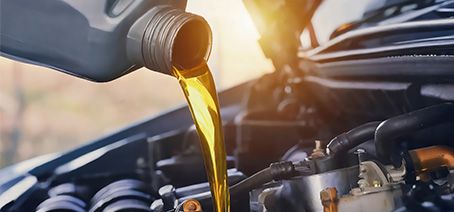When selecting an engine oil, it can be tempting to rely on the label. However, not all oils are created equal, and the distinction between “Suitable for Use” (SFU) and OEM-approved products is critical for protecting your engine and maintaining performance over time.
At FUCHS UK, our goal is to support you in making informed and confident decisions about your lubricants. In this article, we explore the difference between these two classifications – and why choosing the right oil goes far beyond what is printed on the bottle.
Understanding the Terminology
Phrases such as “Meets the requirements of…” or “Suitable for use in vehicles requiring…” are common across many engine oil labels. These are known as self-certified claims, meaning the oil is marketed as being compliant with a specification (for example, ACEA or a vehicle manufacturer’s standard) without undergoing formal, independent validation.
By contrast, OEM-approved oils have been subjected to rigorous testing protocols, often including bespoke engine tests and stringent technical assessments defined by the original equipment manufacturer. Only once all performance criteria are met does the OEM issue an official approval, providing a higher level of assurance to the end user.
“While an SFU oil and an approved oil might look identical on a shelf… the difference lies in the evidence behind those claims.”
> Lubrizol, Lube-Tech No.158
The Risks of Relying on Self-Certified Oils
> Recent research and testing conducted by > Lubrizol has highlighted the potential dangers of SFU-labelled lubricants. In one comparative test, an SFU oil marketed as meeting VW 50400/50700 specifications failed after just 23 hours of operation. The OEM-approved counterpart completed the full 96-hour test successfully, with significantly less deposit build-up and superior protection.
Additional findings revealed that certain SFU oils exhibited:
- Inadequate wear protection - Some failed to meet High-Temperature High-Shear (HTHS) viscosity standards, which are essential for engine durability.
- Suboptimal cold-start performance - Tests indicated poor oil flow at low temperatures, risking lubrication failure during start-up.
- Insufficient deposit and sludge control - Especially problematic for extended drain intervals, where performance over time is crucial.
- Seal compatibility issues - Oils not tested against elastomer standards may degrade seals, potentially leading to leaks and mechanical failure.
These results underscore that, while some SFU oils may be well-formulated, others fall short of the standards required to protect modern engines under real-world conditions.

Industry Oversight and the Role of Compliance Bodies
In the UK, the >Verification of Lubricant Specifications (VLS)plays a vital role in verifying product claims. Since its inception, it has investigated more than 120 cases, many involving SFU oils that did not meet the specifications stated on their packaging. In 2024, 50% of all cases reviewed by VLS involved products with conflicting or unsubstantiated OEM specification claims.
That’s where trusted manufacturers come in.
At FUCHS, we take our responsibility seriously. Our engine oils are not only formulated to meet demanding international standards, but many are also officially approved by OEMs. These approvals are the result of rigorous, repeated testing — both in-house and at independent facilities — to ensure our lubricants deliver the protection and reliability that modern engines require. In doing so, we actively support a transparent and trustworthy marketplace, where end users can be confident in the products they choose.
Making an Informed Choice
So, what can you do to ensure you are using the right oil?
Always refer to your vehicle manual and use lubricants that meet the exact OEM specification recommended.
Words like “Suitable for Use” may sound convincing, but only OEM-approved oils come with third-party confirmation of their performance.
FUCHS is proud to offer a comprehensive range of OEM-approved lubricants, developed in close collaboration with vehicle manufacturers and backed by robust technical validation.
Understanding the difference between self-certified and approved claims helps avoid poor-performing products and ensures better engine protection over time.
Need further advice?
By choosing FUCHS OEM-approved oils, you’re not only safeguarding your engine — you’re investing in proven quality, tested performance, and long-term reliability. In a market where misleading claims still exist, that assurance can make all the difference.
If you would like further advice or information on choosing the best lubricants for your vehicle, contact our team of experts using the enquiry form below.
Alternatively, you can learn more about FUCHS’ commitment to researching and developing only the highest quality, market-leading engine oils > here.
NEED TECHNICAL HELP?
Speak to our technical team today to learn more about how FUCHS products can help you.



